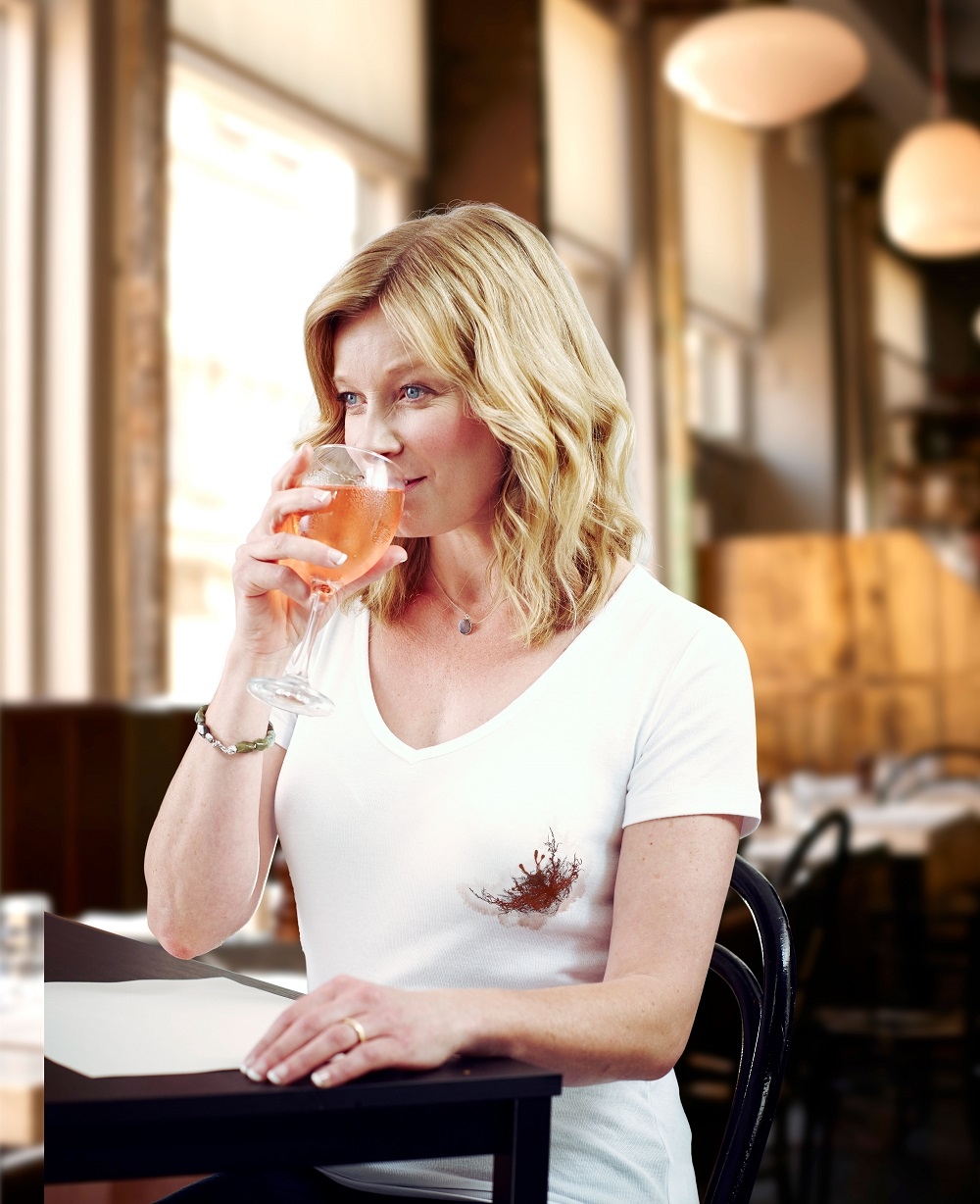Any level of regular drinking raises risk of breast cancer
Fewer than 4/10 (38%) of North East women are aware of the link between alcohol and breast cancer – despite evidence that any level of regular drinking raises the risks.
That is the finding of a new survey from Balance as a campaign launches across the region urging women to reduce their drinking and reduce the risks.
It also found that nearly one in five North East women (19%) are drinking above the Chief Medical Officer’s recommended limit of drinking no more than 14 units per week to stay “low risk” from a range of health conditions, including cancer .
Balance, the North East Alcohol Office, is relaunching its Spot of Lunch campaign across TV, online and Facebook in a bid to inform women across the region to help them make more informed choices.
Latest figures show one in seven UK females will be diagnosed with breast cancer in their lifetime , but that nearly a quarter of cases (23%) are preventable . Any level of regular drinking increases the risks – it is estimated drinking two units a day causes one extra woman out of every 50 to develop breast cancer . The North East has higher rates of alcohol-related breast cancer than the average for England . Figures also show that breast cancer accounts for more than one in two alcohol-related cancers for women in the North East .
People are being encouraged to visit the campaign website at www.reducemyrisk.tv/ for facts and myths, real stories and tips to reduce drinking, including taking more drink free days with the One You Drink Free Days app.
Colin Shevills, Director of Balance, said: “Like tobacco, alcohol causes cancer and with breast cancer, evidence is clear there is no ‘safe’ level of drinking. Even relatively low levels of regular alcohol consumption can increase the risk.
“Alcohol is embedded in our culture– we now live in an age of ‘wine o’clock’ on our social media pages and prosecco T-shirts, door signs and cushion covers. It might seem like harmless fun but this sweeps under the carpet the risk to health.
“While we have seen higher awareness of the link between alcohol and cancer in the North East, the fact that fewer than 4/ 10 women were aware of this link is a concern.
“This is not about scaremongering but raising awareness of a risk women have a right to know about. It’s only by making people more aware that they can make informed choices.”
GP Dr Sarah Louden is Cancer GP lead for Newcastle Gateshead CCG, and said: “Breast cancer is the most common cancer in the UK. There are some risk factors you can’t change, like ageing and family history, but there are some things you can change and limiting how much alcohol you drink is one important way you can reduce the risk of breast cancer. WATCH HER VIDEO
“The evidence is clear that the more you regularly drink, the higher your chance of developing breast cancer at some point. That risk depends on alcohol content and how many drinks you have. We know many people underestimate their units – for example a large glass of wine can contain at least three units.
“A really good way to reduce your drinking is to try and have some drink free days each week. This gives your body a chance to recover and stops drinking becoming a daily thing. It can also help you save money and lose weight too.
“Finally I say to women check your breasts regularly, get to know what is normal for you and see your GP if anything changes”.
Dr Tony Branson, Consultant Clinical Oncologist, breast cancer specialist, and a clinical lead for the Northern Cancer Alliance, said: “Alcohol increases the risk of at least seven different types of cancer, including bowel, mouth, liver and breast cancer. It is in the same cancer-causing category as tobacco and asbestos.
“There are a number of ways alcohol can cause cancer, but alcohol can increase the levels of certain hormones in the body, including oestrogen. High levels of oestrogen can fuel the development of breast cancer.
“Although age and family history are the biggest risk factors, drinking over the recommended levels will significantly raise the risks. Thankfully breast cancer survival is improving and has doubled in the last 40 years in the UK. However – we are also seeing rising rates of diagnosis including more women under 50.”
Featuring the thought-provoking ‘Spot of Lunch’ TV advert, the four-week campaign aims to further increase awareness, helping people in the North East keep their risks low by encouraging them to drink within the recommended guidelines of 14 units of alcohol per week for both men and women.
The campaign film shows a woman enjoying lunch and a glass of wine with her partner when she spills some of the drink on her top. The stain changes to show a growing tumour on her breast.
People can find Balance on Facebook at www.facebook.com/balance.northeast and on Twitter @BalanceNE. Tweet using #7cancers
